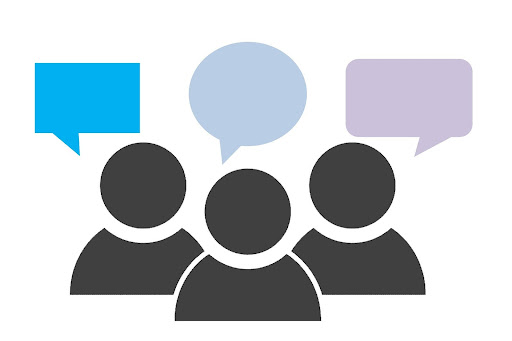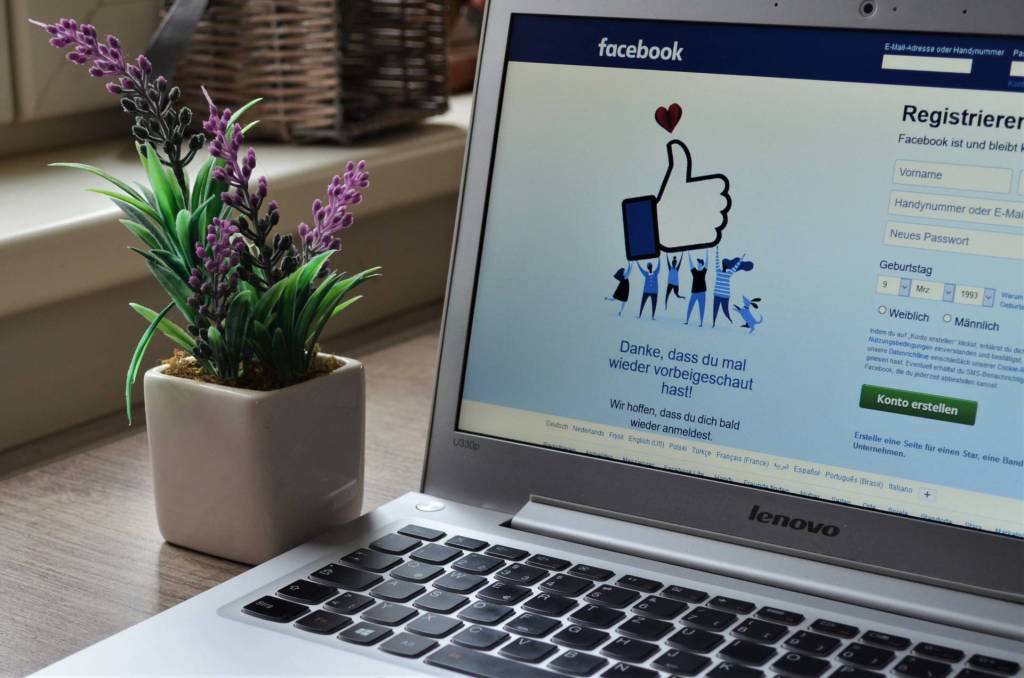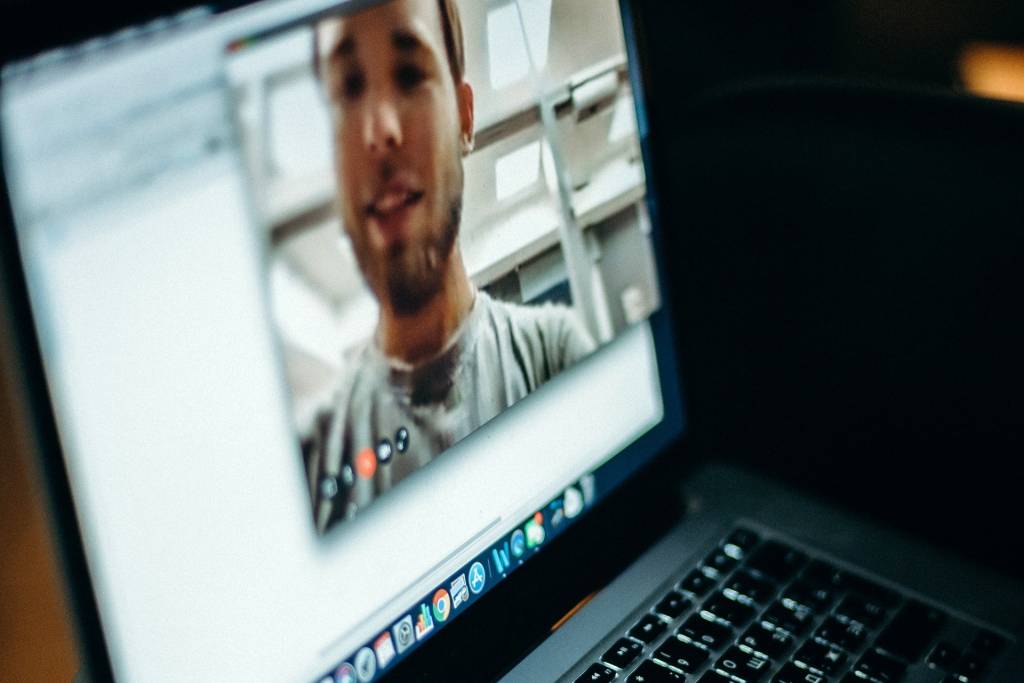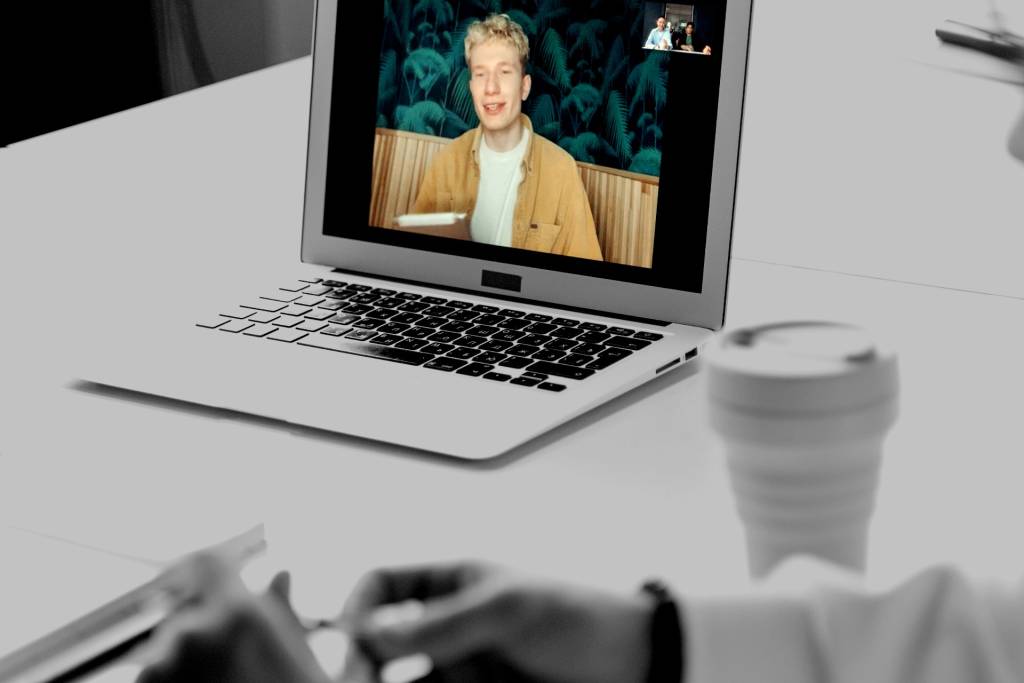It is so easy to waste time at work through checking social media, chatting with coworkers or doing unnecessary things. As a result, at the end of the day you accomplish nothing and feel unproductive. Therefore, in order to spend your day more meaningfully and achieve your goals, implement the below steps to your daily routine.
1. Make a to-do list: When you come to the office every day, make yourself a to-do list and try to finish that entire list at the end of the day. Keep it small and realistic at the start. Make sure you prioritize your tasks according to their importance. When you have difficulty concentrating, work on the low intensity tasks such as printing something or archiving your files. Therefore, you can stay productive even if your concentration is low. Do not forget to revise your list during the day as new tasks show up.
2. Stop Checking Your Emails Randomly: The email message that is popping up on your computer screen can create urgency for many to check their inboxes constantly. Checking your emails frequently can make you waste your time, since you need to refocus on the task that you have been working on. Unless you are truly waiting for an important email, you should schedule specific times to check your emails such as at the morning, after lunch and in the afternoon. The same holds for your smart phone messages and voicemails as well.
3. Do not multi-task: If you are working on your emails at the same time you are working on your task, then it will take you more time to complete both of them compared to working on them one-by-one. As a result, you will waste your time. The reason of this is that multi-tasking divides your attention between tasks and since each task gets less attention, you need more time to finish them. Work on one task at a time and move on to the next one when you are done.
4. Divide Your Time into Chunks: Group similar activities together and don’t bounce from one activity to the other without finishing the one you are working on. For example, you can use your mornings to reply all of the emails from the previous day and after finishing your emails, you can do your meetings or phone calls, then, you can work on your project and finally, you can check your emails again. Do not forget that when you group together similar activities, your brain works faster.











